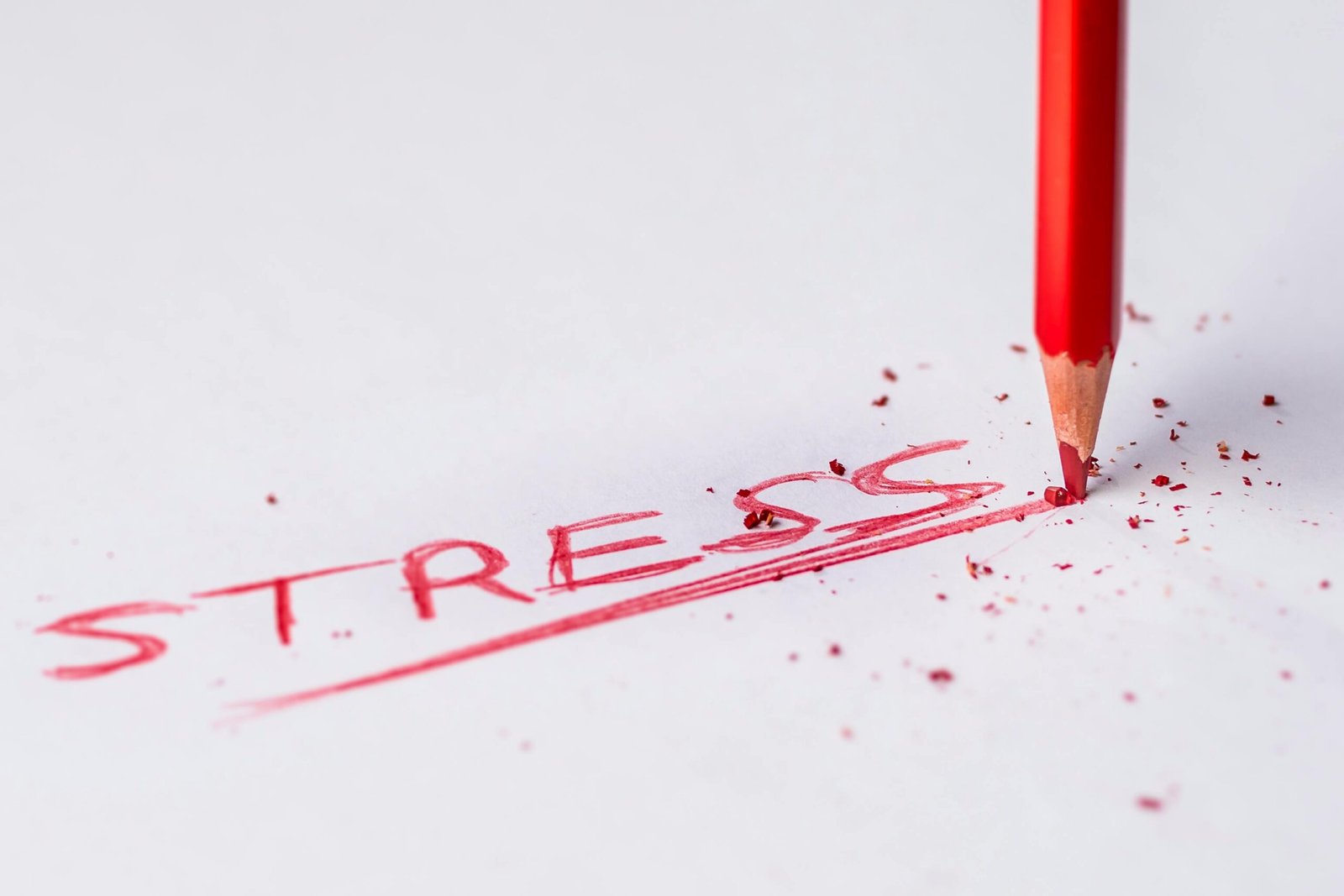It’s fascinating to observe your own attention: your body might be doing A, while your mind is thinking about B – a common form of distraction. This “doing A, thinking B” genuinely impacts us, unknowingly leading to worries and a gradual dulling of our senses. To a significant extent, anxiety and stress also stem from this state, as our thoughts often wander from the present, either worrying about the future or dwelling on the past.
Our attention can be divided into two parts: “focused on action” and “focused on feeling.” Initially, these are unified; we wholeheartedly experience what we are doing. However, as actions become more skilled, the attention we focus on them decreases, and our minds wander more, leading to distraction instead of focus, and a separation of mind and body. Action without feeling is like a soulless shell; a person without feeling is absent-minded. When we drift off, action loses perception, and attention, lacking feeling, cannot form a feedback loop, causing our mind and body to become numb or tense. This separation is fertile ground for anxiety and stress, as our “soul” (feelings) constantly flits about, unable to synchronize with our “body” (actions).
We become distracted because the present feels boring or painful, so we seek something more interesting or comfortable. Because the body is confined to reality, the mind takes flight. The low cost of distraction and our innate desire for quick results and to avoid discomfort mean we often default to our mental comfort zone. However, while “zoning out feels good in the moment,” we eventually bear the consequences, the greatest being a decline in our quality of life. Anxiety and stress are significant manifestations of this decline because distraction keeps us living in the past or future, not the present, causing us to miss experiencing the now. Distraction also leads to procrastination and inefficiency, further exacerbating feelings of stress. The essence of distraction is avoidance; those with mind-body separation tend to retreat to their comfort zone when facing difficulties, making it harder to solve problems and accumulating anxiety.

From a microscopic perspective, distraction is one of our inherent tendencies, linked to the brain’s background associative memory. Sensory information triggers other memories, and because the subconscious never disappears, we are prone to distraction whenever we are awake. We need to train our awareness and control of attention, using mindfulness and self-control to manage these tendencies, which also helps us anchor ourselves in the present and reduce the intrusion of anxiety.
How to Focus on the Present Moment to Reduce Anxiety and Stress: The key is to bring your feelings back to your actions.
- Consciously experience bodily sensations: Whatever you are doing, place a portion of your attention on the sensations in your body. For example, when running, feel the movement of your legs and the depth of your breath; when eating, notice the taste of the food and how it feels in your mouth; when working, feel the support of the chair against your body. When you focus on bodily sensations, your thoughts more easily return to the present, reducing worries about the uncertain future or regrets about the past.
- Focus on sensory experiences: Pay attention to the information you receive through your senses in the present moment, such as sounds, smells, sights, and touch. Directing your attention to current sensory input can help you detach from anxious thoughts.
- Practice feeling the process of things fading away: Concentrate on experiencing the entire process of a sensation, from its emergence to its gradual disappearance, such as the changing taste in your mouth. This practice trains you to reside in the present, not carried away by rapidly flowing thoughts, thereby alleviating anxiety.
Through these exercises, we can gradually bring our attention back to the present, reduce distraction, and lessen anxiety and stress.
Bringing your feelings back to the present will slowly decrease your worries, make your energy more vibrant, your emotions more peaceful, your body more relaxed, your perception more acute, and your thinking more profound. This habit touches every aspect of life, and changing it is akin to altering your underlying behavioral patterns, the power of which is significant, also helping us break free from the mire of anxiety and stress and live in a calmer, more efficient present.
